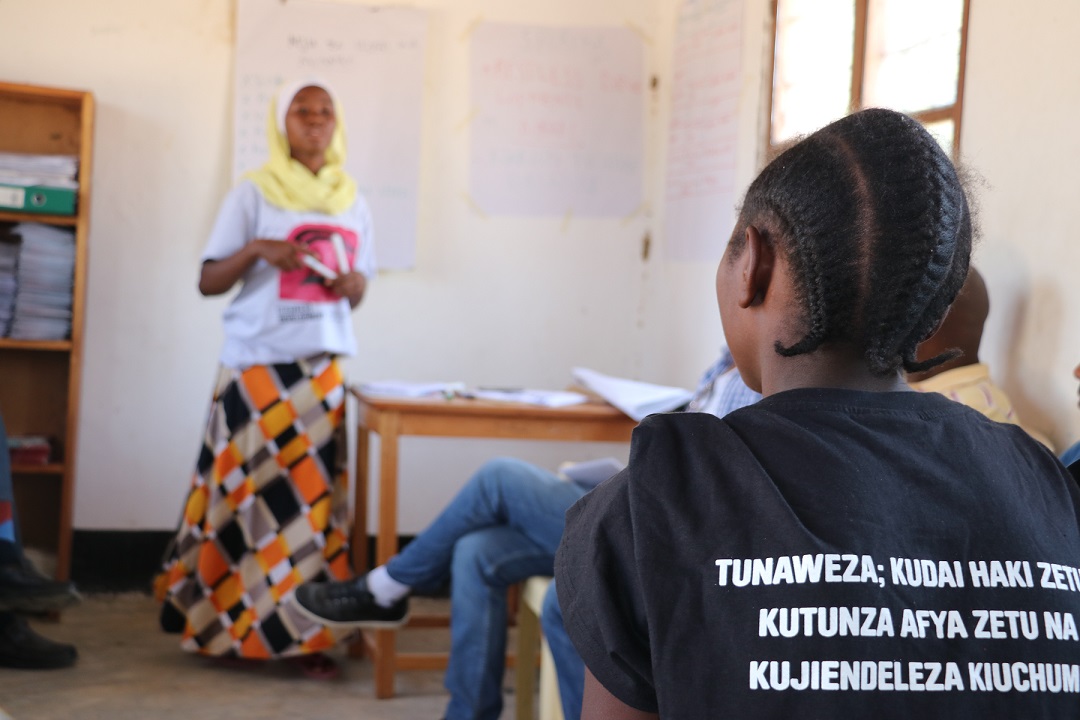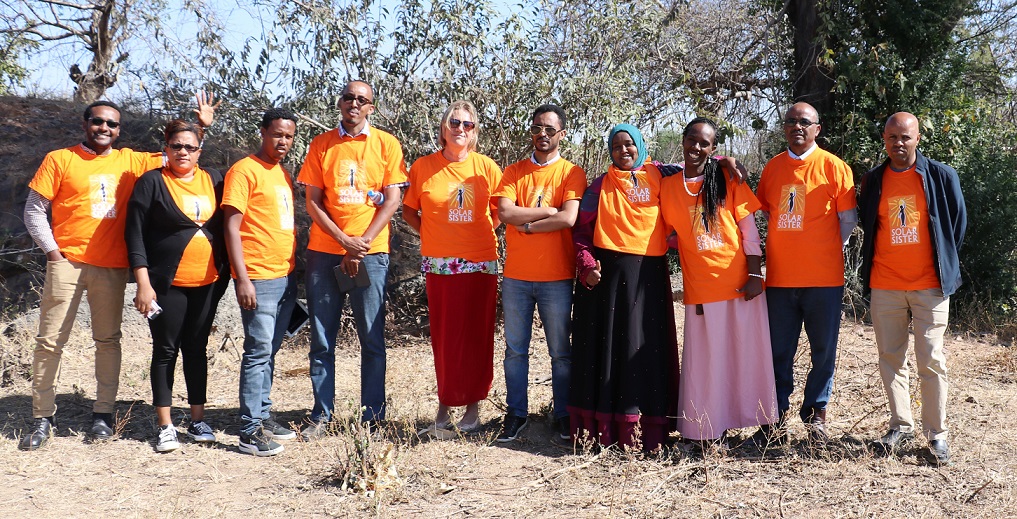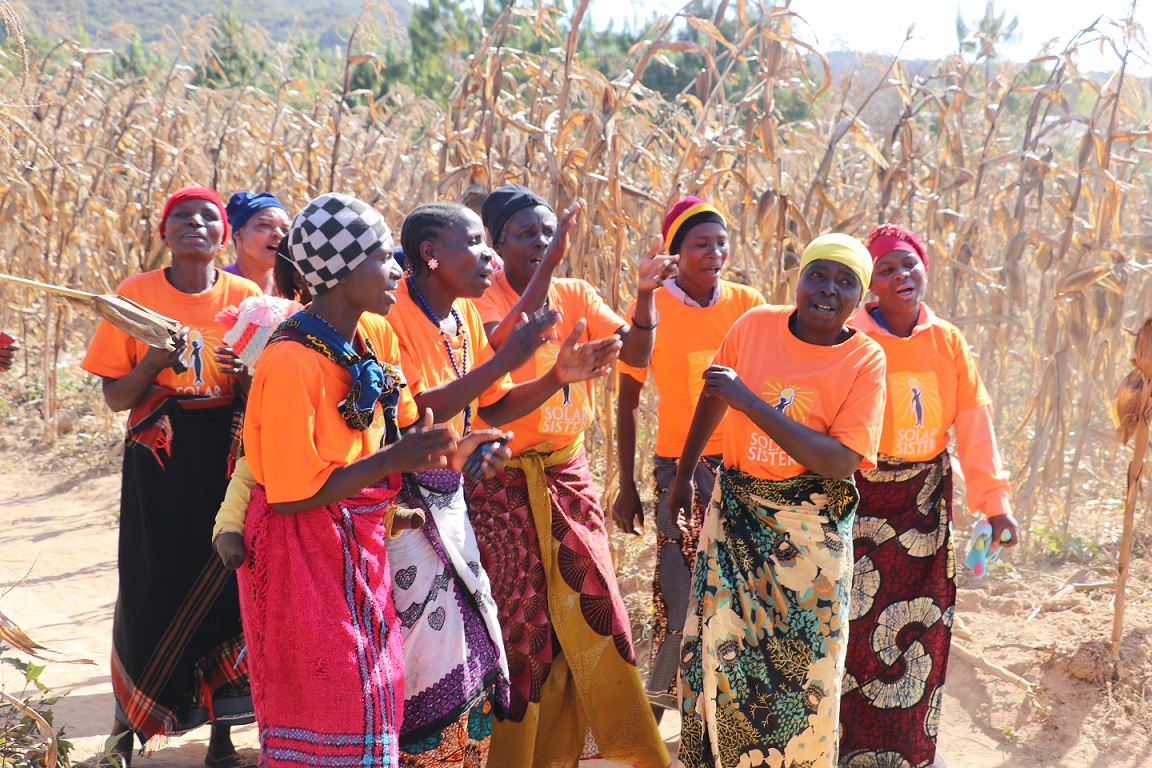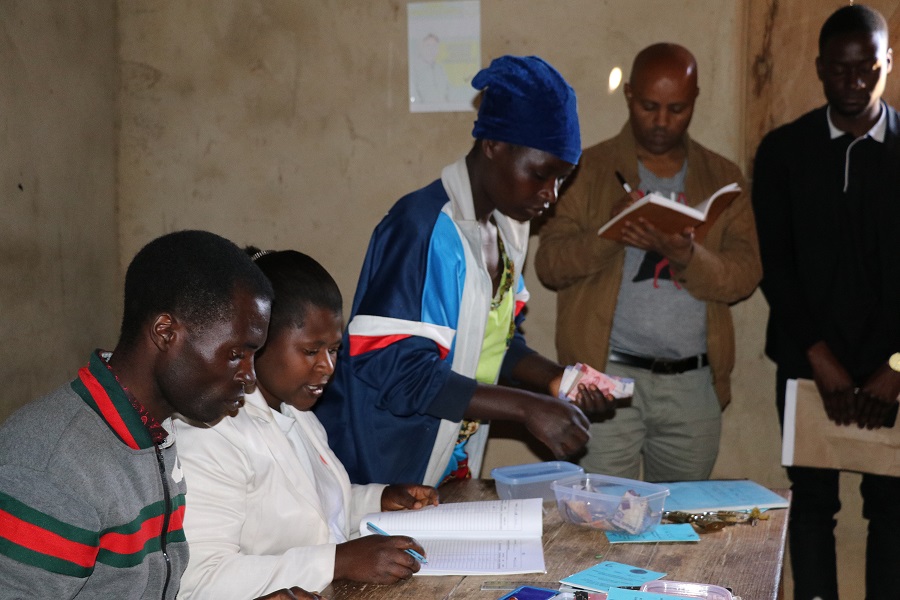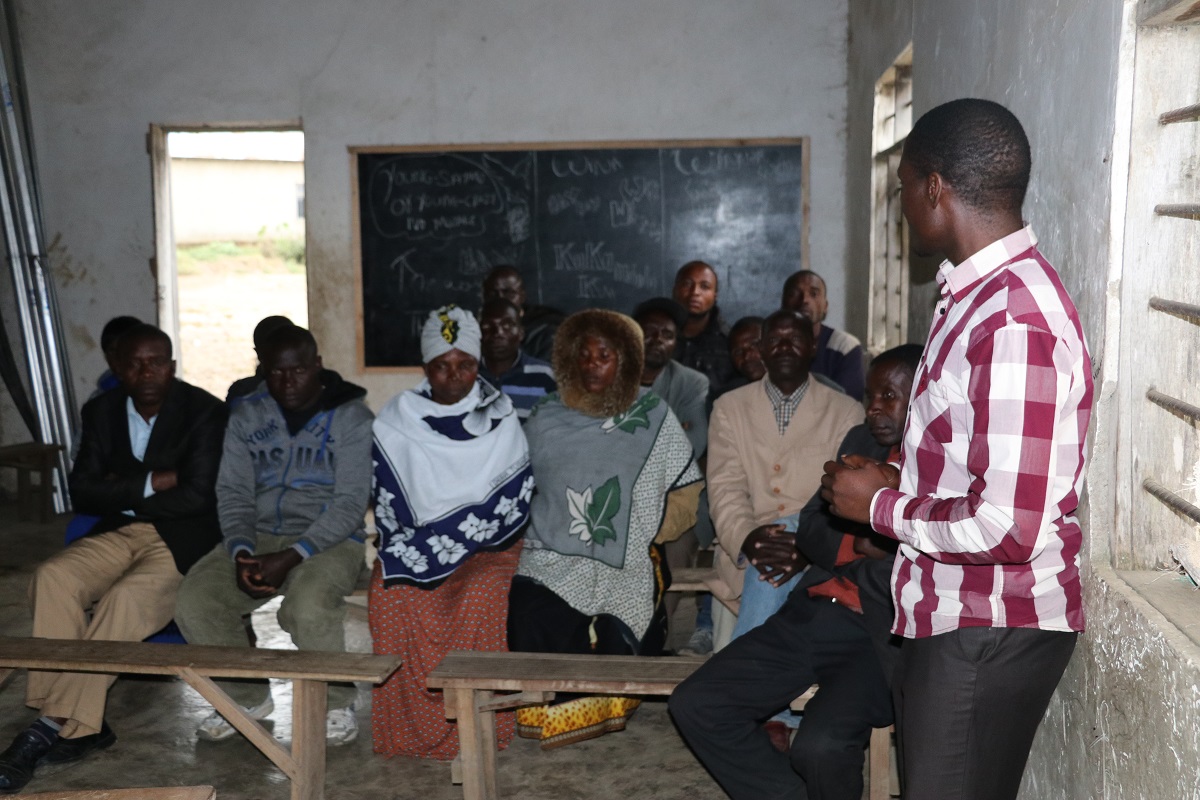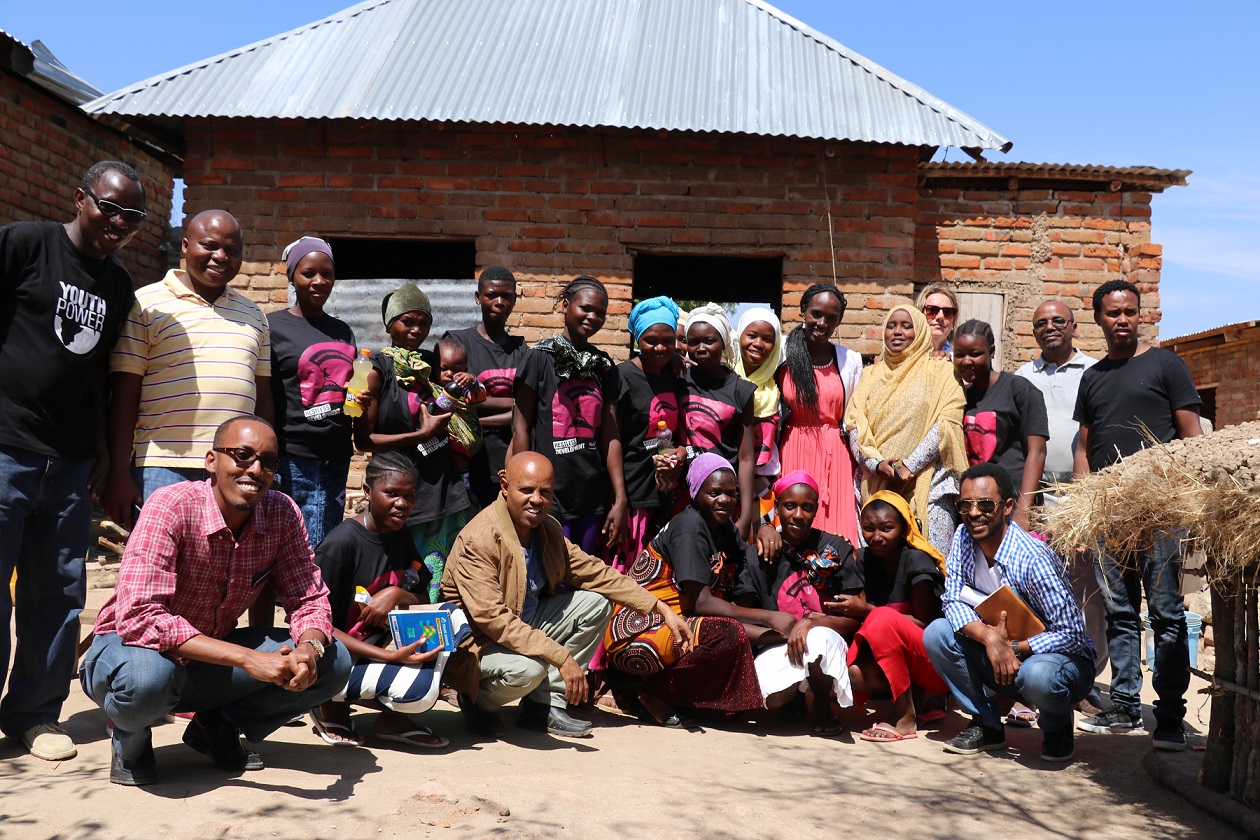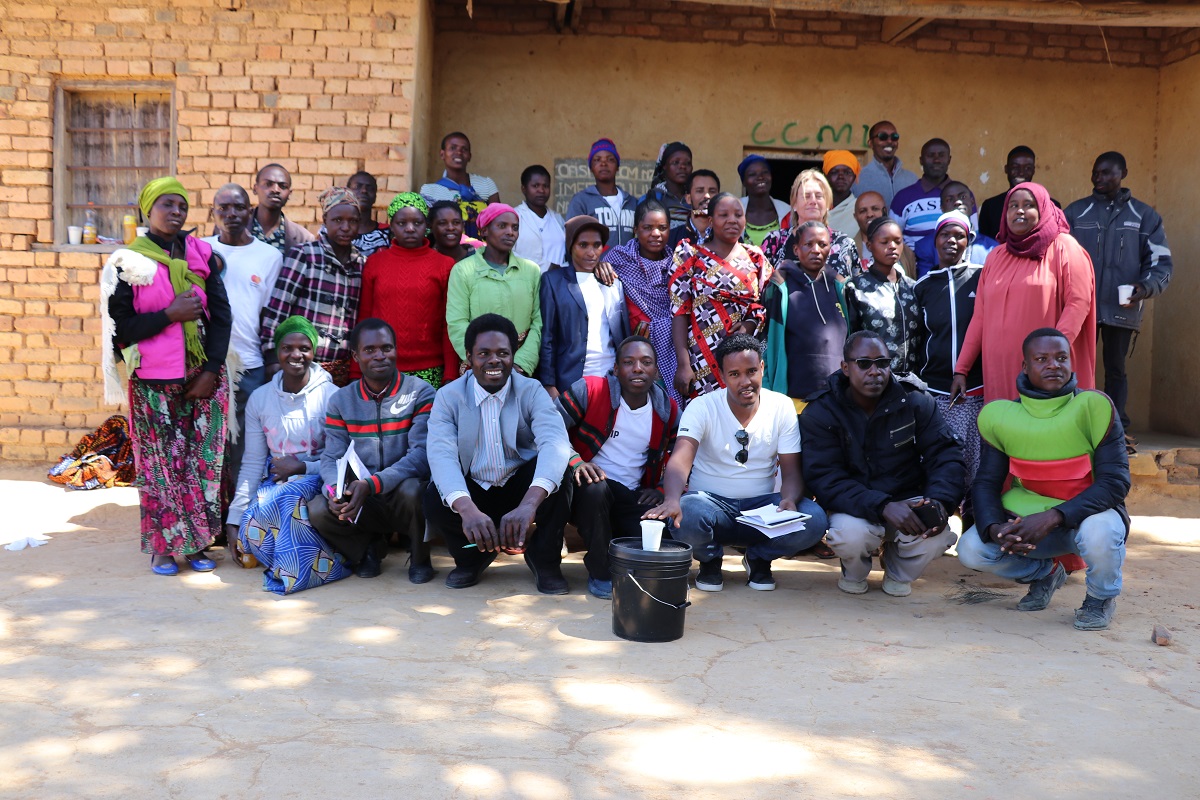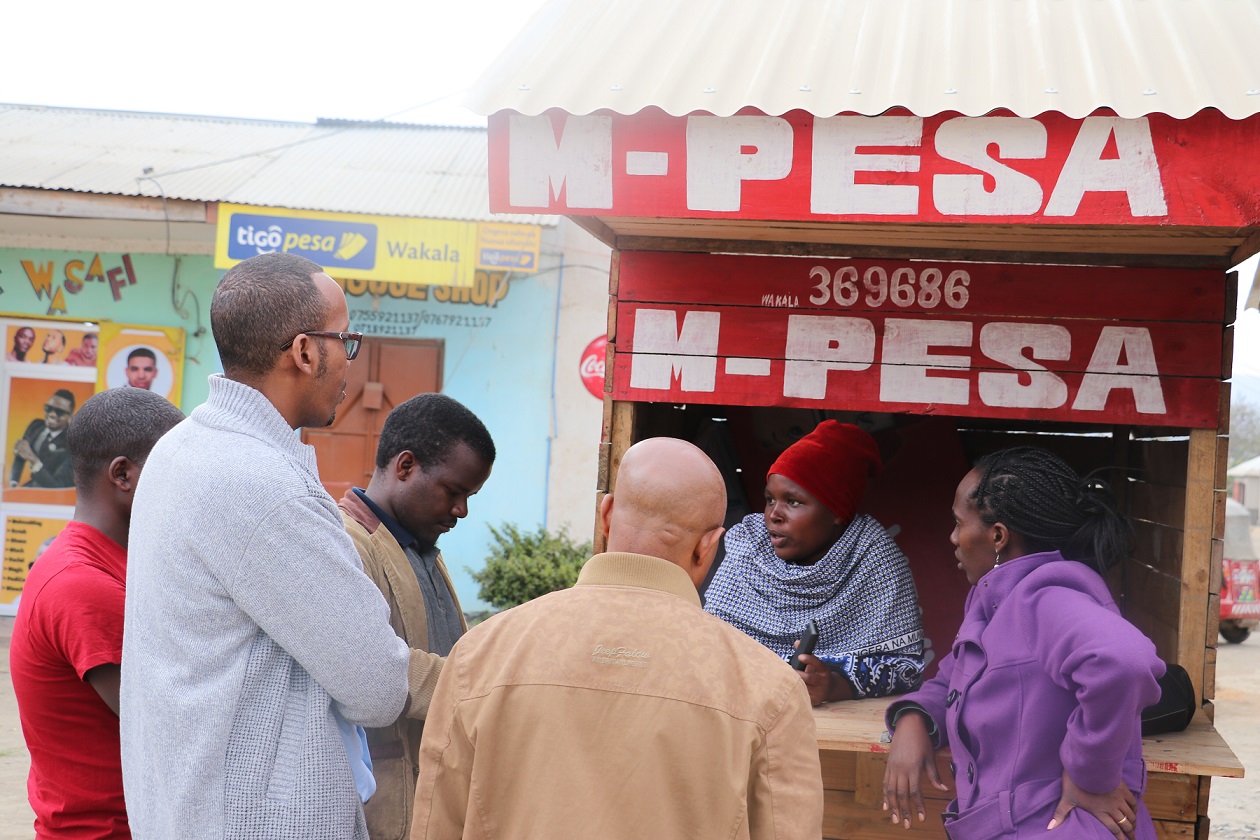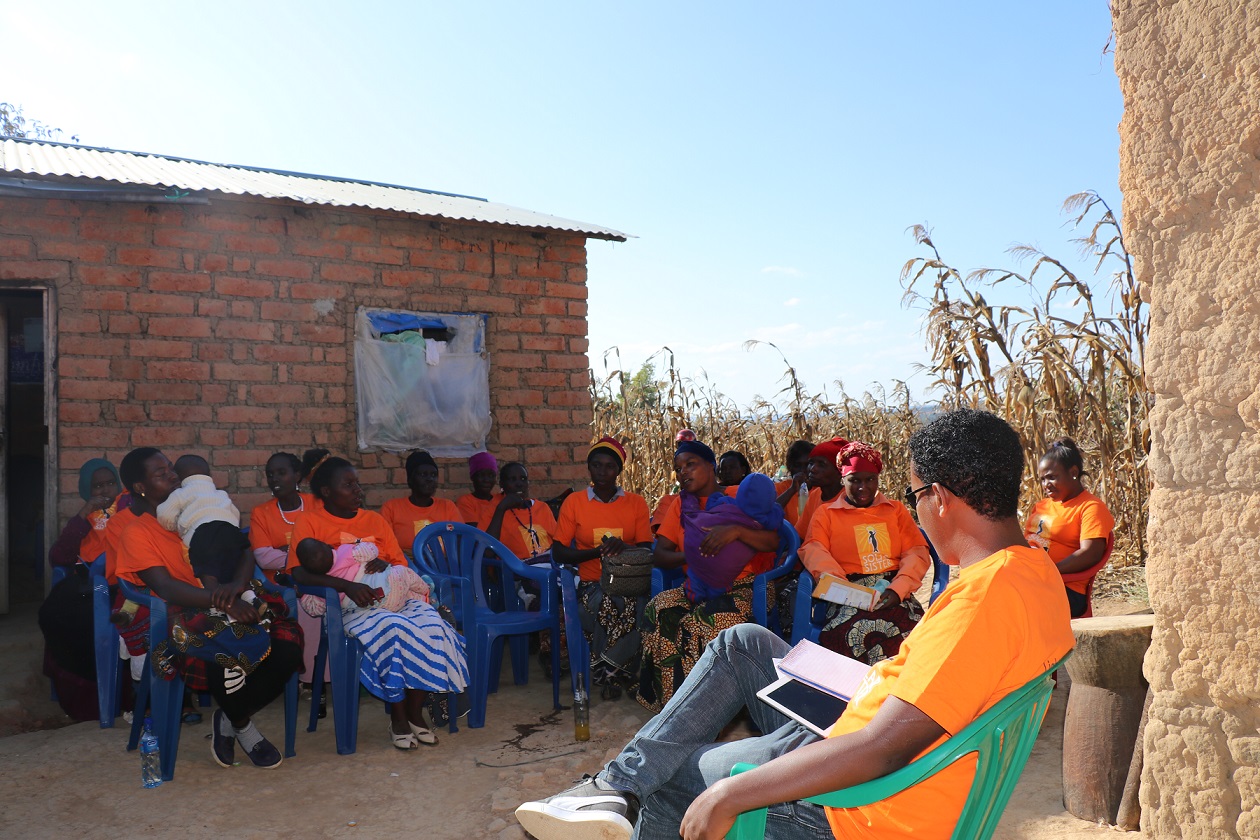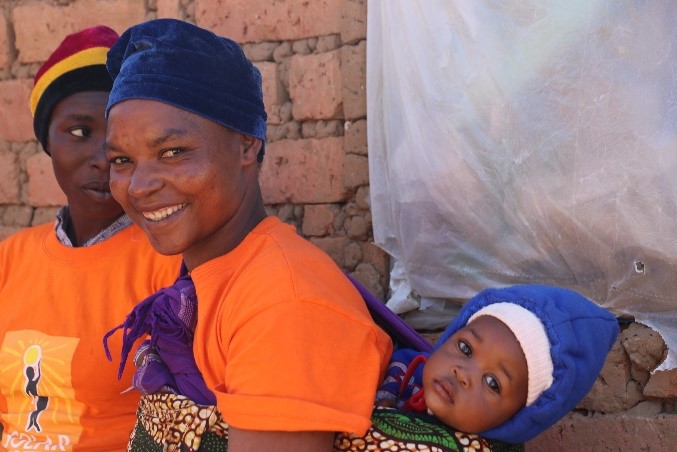After finishing the Solar Sister visits in Mbeya we moved to Iringa region, where we were hosted by Restless Development. Restless is implementing a five year project entitled ‘East African Youth Inclusion Program’ (EAYIP) and ‘Girls Leadership Project’ (GLP). Restless main implementing approach is ‘peer to peer’ model in which young men and women are trained to in turn train their peers. In order to use this model Restless identifies what they call young leaders, who are expected to be secondary school graduates at village level and first degree holders at district and regional levels. The young leaders are initially given extensive ToT to prepare them for being able to train youth in their localities. ToT for one topic could take up to three weeks which is an ample time to help the young leaders develop clear understanding of the issues. The young leaders then train youth for seven months on seven different modules.
There are various advantages of this approach, firstly, the use of young leaders in the peer to peer allows youth to freely discuss on the issues facing them without hesitation. Secondly, the capacity building approach is holistic and gives enough time. The area that I think needs improvement is working on helping youth access finance, which seemed a serious issue.
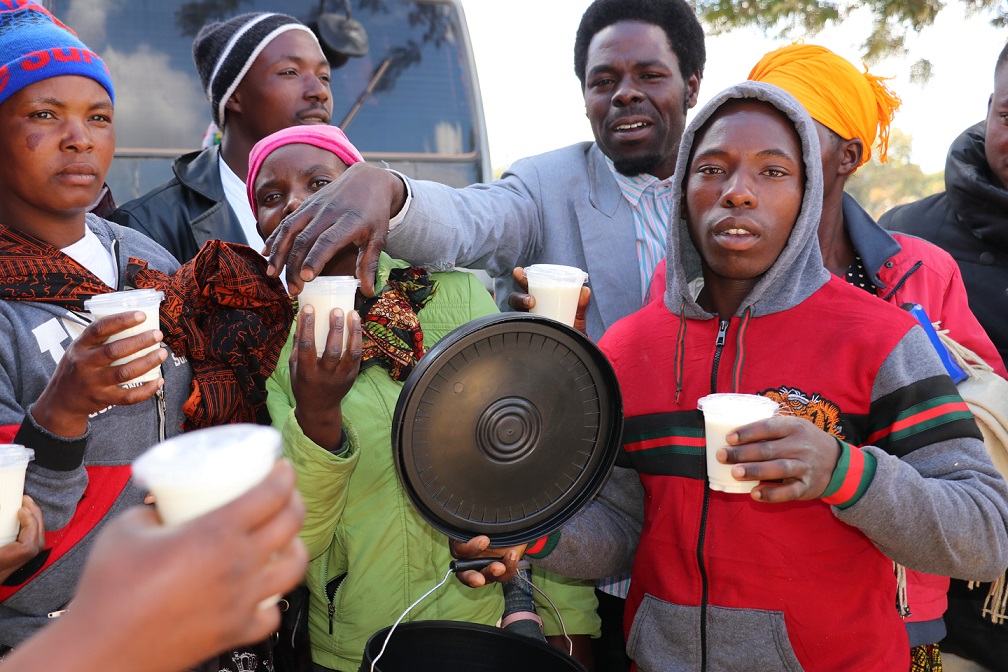
We finally came back to Mbeya Region and Technoserve which is implementing ‘Strengthening Rural Youth through Enterprise Development’ Project. The project provides capacity building for the youth and various technical supports afterwards. Technoserve partners with a range of organizations including local NGOs, private companies and training institutes to provide capacity building for the youth. The project provides three months of soft skills training for the youth through its partners. Those youth who start small businesses after the youth graduate from the training program are provided after care support, which is like BDS. In order to implement this approach Technoserve has staff in almost all project villages called Business Counselors.
The business counselor follows up youth business and provides advice. Techno-save’s model of implementing STRYDE project has number advantages; first, they have very good relationship with private companies that hire youth agents which allows them to align their training program with the need of such companies. The availability of business counselors created a good bridge between the organization, the youth and its local partners. Access to finance for the youth has not developed as the capacity building component, as a result, most of the youth who are participating in STRYDE youth group enterprises have their primary individual businesses while also taking part in the youth groups organized by STRYDE.
My main take away
From the Tanzania E-motive visit following are the main experience I have learned:
- Capacity building approach: In all the three organizations we visited capacity building for beneficiaries is provided on consistent manner ranging from 3 to 12 months. This helps the youth develop the required skill. This is very much the opposite of the soft skills capacity building that we are providing under EYW;
- Availability of project personnel closer to beneficiaries: each of the organizations and projects we visited has personnel closer to their/its target beneficiaries. Solar Sister has what they call business associates who train their beneficiaries at their localities. Restless Development has young leaders at different levels, district and ward/village level who work with youth. Technoserve has also what they call business counselors who are available at almost all villages. The availability of these structures brings everyone involved in these projects closer and improves follow up and technical support;
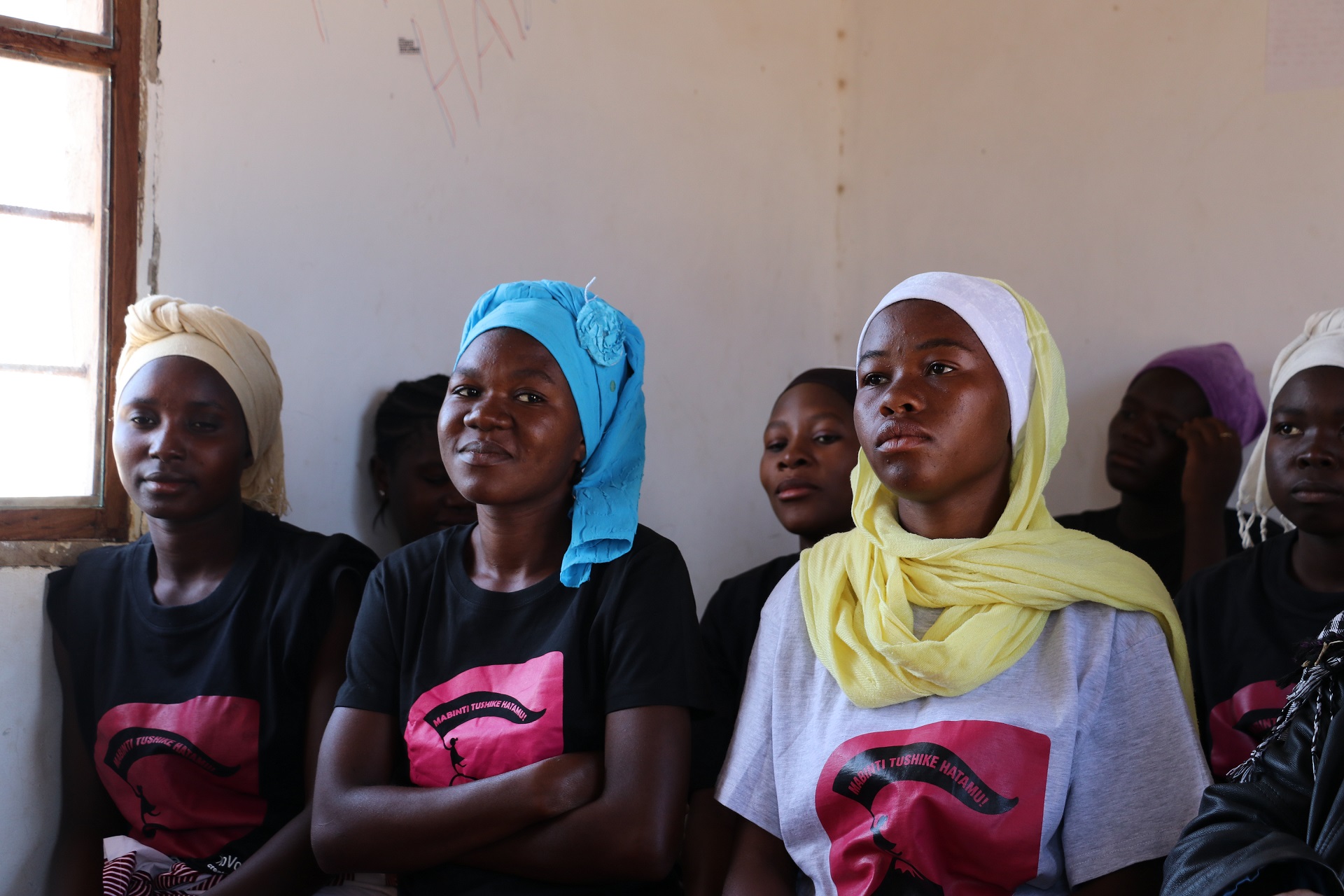
The capacity building approach is something that would have been great to be implemented but that would warrant changing the whole approach and assumptions of EYW project. The only part of the capacity building approach that I think could be replicated from the Tanzania experience is developing soft skills modules. Moreover, hiring local staff who are closer to our beneficiaries would also be a good thing to be used in EYW.

